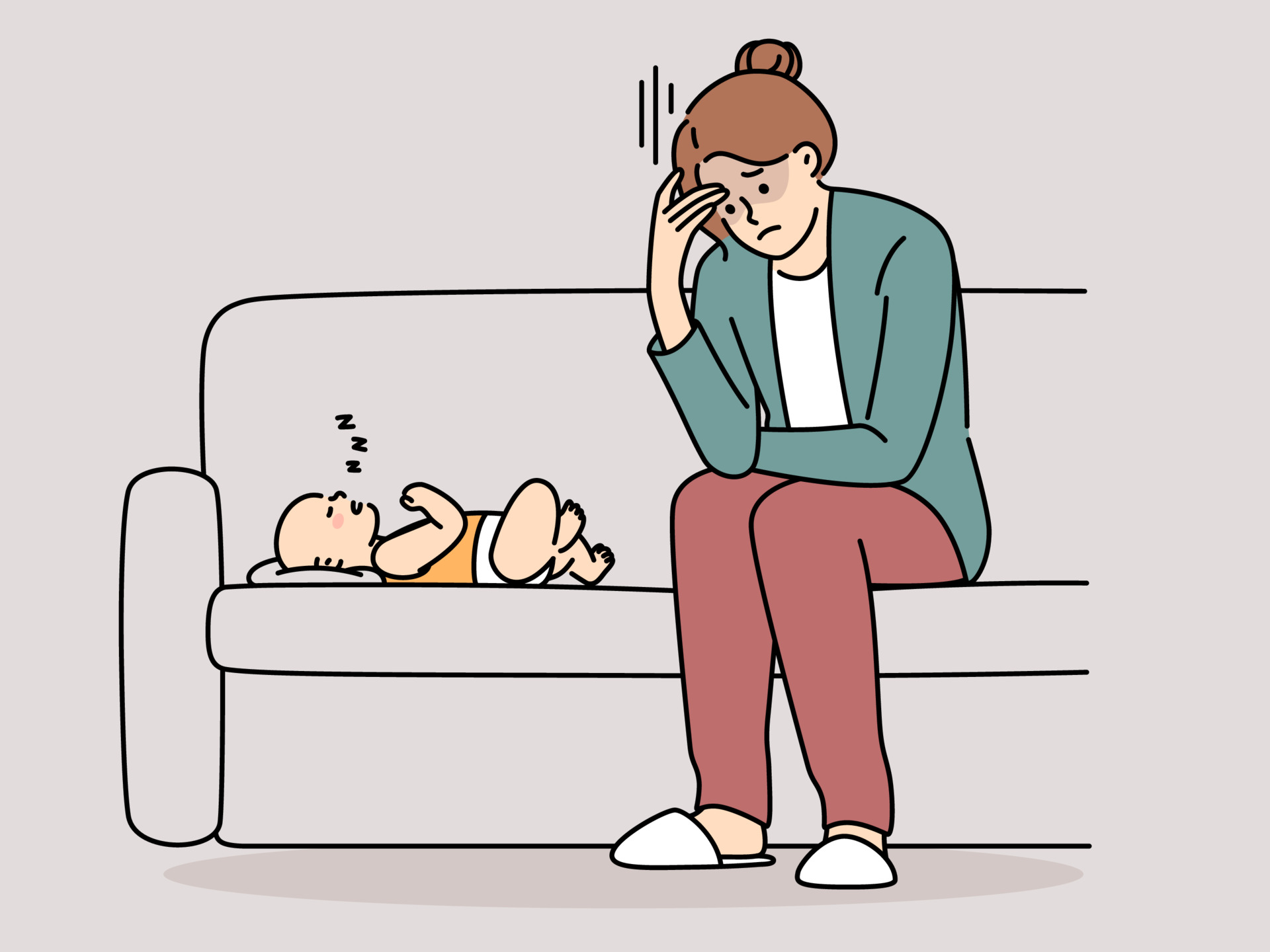Parenting is hard. Parenting a neurodivergent child is harder.
But parenting a neurodivergent child while also being neurodivergent yourself — or in a neurodivergent relationship? That’s a level of pressure few people talk about… and even fewer understand.
If you’ve ever felt like you’re failing every day, snapping when you promised yourself you wouldn’t, or barely holding it together after bedtime — you’re not alone.
And you’re not a bad parent.
You’re just parenting on hard mode.
🧠 What Does It Mean to Be a Neurodivergent Parent?
It means your child’s meltdowns might trigger your own dysregulation.
It means sensory overload isn’t just their issue — it’s yours, too.
It means executive dysfunction + caregiving = a chaotic house and unwashed laundry.
It means you’re doing emotional labor while also masking your own overwhelm.
It means trying to teach emotional regulation… while struggling to access your own.
And when you’re in a relationship where both partners are neurodivergent — ADHD, autism, BPD, sensory sensitivity, etc. — the complexity multiplies.
💬 Real Talk: It’s Exhausting
- One of you might shut down when things get loud or chaotic.
- The other might spiral into problem-solving or control-mode.
- You both might struggle with transitions, flexibility, or different sensory needs.
- Conflict might escalate fast and feel impossible to repair mid-crisis.
- You feel torn between your child’s needs, your partner’s needs, and your own — and end up meeting none of them.
⚠️ And That Constant Loop of Guilt…
- “I should be more patient.”
- “They’re just a kid, why am I so reactive?”
- “My partner doesn’t get it.”
- “I’m too much… or not enough.”
The guilt stacks like dishes in the sink: quietly, relentlessly, and always just out of control.
But guilt doesn’t mean you’re doing it wrong — it means you care.
💡 What You’re Experiencing Is System Overload
When multiple nervous systems in a home are constantly under pressure, overstimulated, and under-supported, things break down. It’s not a moral failure. It’s capacity being exceeded.
Most parenting advice doesn’t account for what it’s like to:
- Have to mask your meltdown to manage your child’s
- Experience RSD (Rejection Sensitive Dysphoria) when your child yells “I hate you!”
- Get flooded by the sheer volume of decisions, emotions, and sensory input in a day
- Have a partner who needs co-regulation, too — when you’re already tapped out
🛠️ What Can Help
Here’s what I work on with clients who are in this exact place:
✅ Identifying overstimulation early – recognizing your signs before the explosion
✅ Rebuilding your home routine to reduce demand and increase flow
✅ Creating a co-regulation plan with your partner that accounts for both of your needs
✅ Allowing “good enough” parenting — rooted in connection, not perfection
✅ Normalizing the mess — because sometimes grace matters more than structure
Sometimes, it’s not about fixing everything. It’s about finding pockets of peace, small systems that work for your family, and permission to stop trying to do it all.
🌱 You Deserve Support That Gets It
You’re not “too reactive.”
You’re not “bad at parenting.”
You’re not “failing at adulting.”
You’re a neurodivergent person in a high-stress, high-emotion environment — doing your best with limited resources, limited spoons, and an enormous heart.
And that’s enough.
I help neurodivergent families and couples create more sustainable, connected lives — even when it feels like everything is falling apart.

